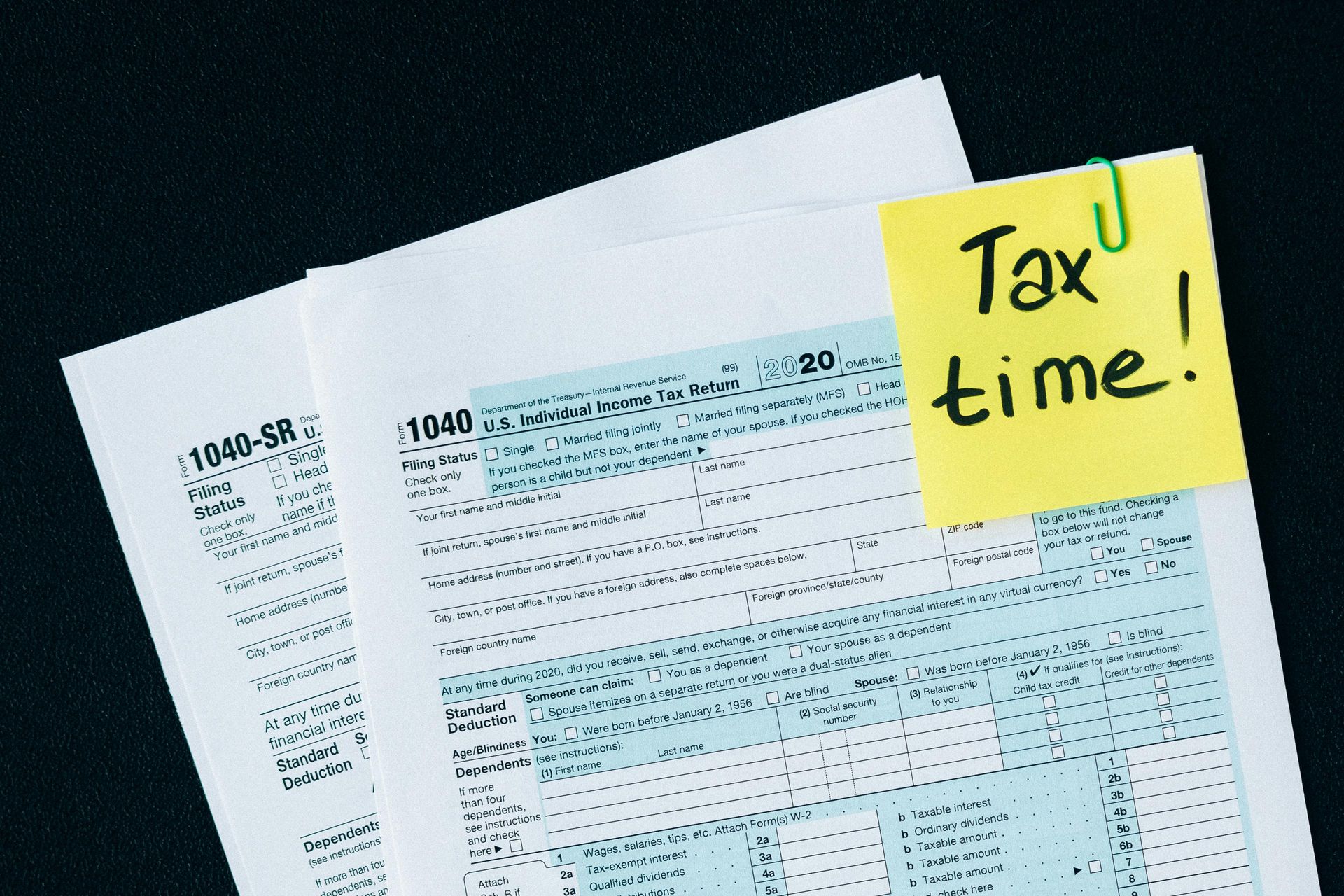How the One Big Beautiful Bill is Benefitting Real Estate Professionals

On the United States’ 249th birthday, President Trump signed the One Big Beautiful Bill Act, a landmark update with significant implications for the real estate investing community. This bill changes how investors manage property tax write-offs, depreciation deductions, and real estate income taxes for the foreseeable future.
There are two major components that real estate professionals will see significant benefit from:
- 100% bonus depreciation being restored and extended permanently
- Clarification and support of Real Estate Professional Status (REPS)
These tools create major opportunities for real estate investor tax savings and can be used together to keep more money in Americans’ pockets.
Let’s break down exactly how these two elements of the One Big Beautiful Bill work and what they mean for your wallet.
100% bonus depreciation was rolled out under the 2017 Tax Cuts and Jobs Act, but was scheduled to phase out between 2023 and 2027.
The One Big Beautiful Bill cancels that phase-out, opening the door for full bonus depreciation to be made permanent for multiple real estate asset components, including:
• Personal property with a recovery period of less than 20 years
• Appliances and furniture
• Flooring
• HVAC systems
• Land improvements such as fences, landscaping, parking lots
• Qualified Improvement Property (QIP), such as commercial building interior renovations
Why it matters:
Instead of spreading depreciation deductions over 5, 15, or 27.5 years, real estate investors can now deduct the full cost of qualifying assets in the year they are placed into service.
This, combined with a cost segregation study, allows property owners to separate a property into short-life components and write off a large portion of the investment in year one. This is a major advantage in real estate tax strategy and accelerates returns.
Numbers Don’t Lie:
Imagine you buy a $500,000 rental property and conduct a cost segregation study. You break down the assets as follows:
• $75,000 in 5-year assets (carpet, appliances, fixtures, etc.)
• $50,000 in 15-year assets (landscaping, lighting, driveway, etc.)
• $375,000 structure or building (depreciated over 27.5 years)
With 100% bonus depreciation, you can deduct the entire $125,000 in short-life assets in the first year. If you're in the 35% tax bracket, that’s a $43,750 immediate tax reduction, a powerful example of how tax-efficient real estate investing works.
How to Effectively Use Bonus Depreciation:
• Offset passive income from other rental properties
• Reduce taxes on capital gains or self-employment income
• Time large purchases to trigger write-offs in high-income years

For most taxpayers, rental property losses are considered passive. That means you usually can’t use them to offset active income, such as W-2 wages or business income from 1099 work.
But if you qualify for Real Estate Professional Status, you’re the exception. As a Real Estate Professional, your rental losses are considered active and can be used to offset all forms of income, including commissions, consulting fees, and business earnings.
How to Qualify (per IRS rules):
• You or your spouse must spend at least 750 hours per year on real estate-related activities like property management, acquisitions, or renovations
• Real estate must make up more than half of your total working hours
• You must materially participate in the real estate activities
Once qualified, you can use bonus depreciation and cost segregation losses to eliminate taxable income. This is one of the most powerful tools in real estate tax planning, especially for agents, brokers, and high-earning real estate investors.
Proof is in the numbers:
Let’s say you’re a 1099 earner making $160,000 as a Real Estate Agent. You buy a short-term rental and complete a cost segregation study. The result: $180,000 in paper losses thanks to bonus depreciation.
If you didn’t qualify for REPS, those losses would likely be considered passive and limited in how much you could use them.
But with REPS:
• Your $160,000 income could drop to $0
• You may save between $40,000 and $60,000 in taxes, depending on your tax bracket
Want to maximize REPS and bonus depreciation? Here are some advanced strategies for smarter real estate investor tax planning:
• Short-Term Rental Loophole: Self-managing short-term rentals may help bypass the 750-hour REPS requirement under a different IRS rule
• Spouse Strategy: If one spouse has a W-2 or business income, the other can qualify for REPS and use the losses to offset household income
• Timing is Everything: Buy and place a property in service during a year you expect higher income to maximize tax benefits
The One Big Beautiful Bill reinforced one of the most tax-advantaged strategies available to real estate investors. By making 100% bonus depreciation permanent and strengthening the Real Estate Professional Status framework, this bill gives real estate professionals more control over how and when they take deductions.
With bigger upfront write-offs, expanded passive loss offset options, and better timing flexibility, this bill gives investors a reliable strategy to reduce taxable income, improve cash flow, and build long-term wealth legally and efficiently.
**Disclaimer: This content is for informational purposes only and should not be considered tax, legal, or financial advice. We are not tax professionals. Please consult a qualified tax advisor or CPA to determine how these strategies apply to your specific situation.














